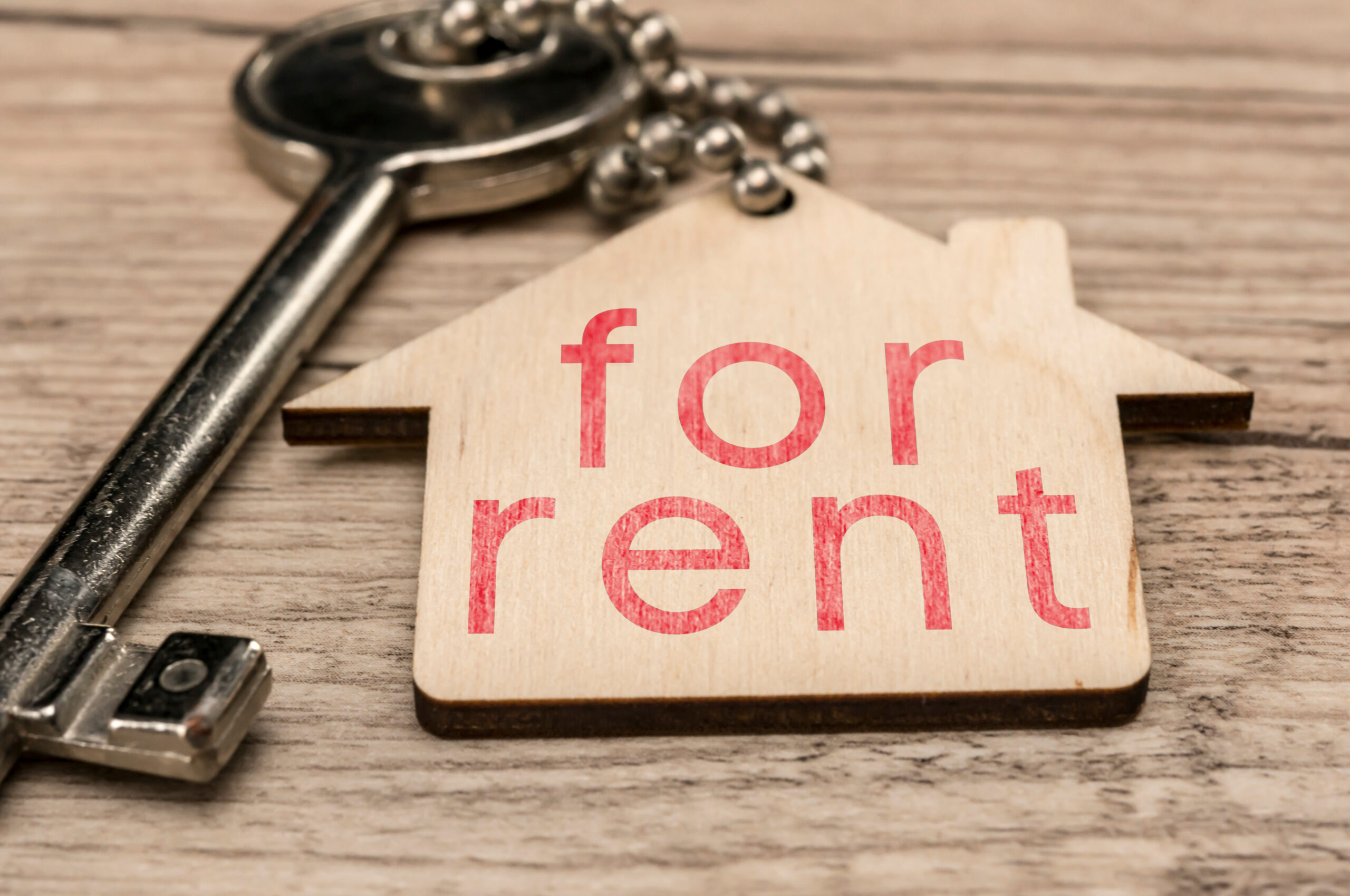Are you considering becoming a landlord in Ontario?
With the rise in rent prices in Guelph and overall cost of living increasing, many home owners are turning to additional sources of income out of necessity than investment. One of the most popular trends we are seeing is becoming a landlord- which we encourage as it increases the overall rental stock.
However, many home owners have never been a landlord before and have no idea how to go about it. Below we will go through some things you need to consider before becoming a landlord.
Know Provincial/Municipal Rental Rules (Landlord and Tenant Board Ontario)
Each province has different rules when it comes to rental properties. Locally it’s best to consult the Landlord and Tenant Board Ontario (LTBO). One example is that in Ontario landlords are unable to demand a damage deposit however landlords in Alberta are.
In Ontario, the Landlord and Tenant Board is the best source of information for rules and regulations. The Ontario government has also introduced a standard lease agreement that all landlords must use. It is also a great source of information on wide variety of topics. Many municipalities also have rules landlords must follow that outline both landlords and tenants’ rights.
A good example of understanding the rules and tenant rights include security deposits. In Ontario for example, it’s illegal to collect a security deposit or damage deposit from a tenant. However, a landlord could collect two months rent up front (first and last months rent or “advance rent”).
In an ideal world, there is no such thing as an absentee landlord and tenants treat the property with respect and understand the fundamental values of renting a property. However, that honest approach can be a naive perspective so everyone should understand the required rules of them.
Understanding the overview of landlord-tenant laws is arguably the most important part of becoming a landlord. You should do this before you purchase a new property or adding to your real estate portfolios. Contact a real estate lawyer or the Ontario LTB. if you have legal questions.
Check With Your Insurance Provider
It is a good idea to let your insurance provider know you plan to rent out a portion of your home. Your existing policy may or may not cover you. Another good thing to know is your insurance policy does not cover your tenants personal property.
Tenant have the option of purchasing tenant insurance which would cover their belongings. While it is not legal to mandate your tenant has insurance, it is good practice to recommend it.
This is also important if you are creating a legal apartment within your own home (also known as an accessory apartment or duplex). There are different insurance policies around these setups and the last thing you want is a nullified insurance policy.
Further, if you are renting a property to students, you should understand that there may be further disclosures and potentially higher costs.
Know your Finances, including the term “cashflow”
While renting a portion of your house for a monthly rate is pretty straight forward, you should treat it as a business. You can deduct certain related expenses from your gross rental income of your real estate investments.
These include mortgage interest, property taxes, insurance, maintenance costs, property managers fees and utility expenses (unless the utilities are your tenant’s responsibility).
If your expenses end up exceeding your rental income in a given year, you may be able to deduct this loss from any other sources of income you have, provided you have a reasonable expectation of profit. However, you should discuss this with your accountant.
Also remember, as a rental property requires you to put 20% downpayment on it. Many landlords and investors forget this and then find themselves in trouble when it comes time to get a mortgage. Read: what’s the difference between a deposit and a downpayment?
As a landlord in Ontario, the goal is that the rent you bring in covers the cost of all the expenses. Anything extra is cashflow. If your property does not cashflow, it’s “cashflow negative”.
Landlords sometimes think they can just increase rent as required to make cashflow. However, there are very strict guidelines with the Landlord and Tenant Board Ontario about this, including provide proper notice and respecting the Ontario Rent Guidelines.
Choosing the Right Tenant
Everyone knows stories of nightmare tenants who generate endless noise complaints, damage property and even stop paying rent. However, there are a couple things a landlord can do to try to reduce the chances of having one of these tenants move into their home.
- Advertise in rental listing credit and reference check
- By doing this, it will help weed out applicants not willing to consent to a credit check and/or they know their references will not help. Also, helps deter applicants that lie on their application.
- Credit Check
- By checking the potential tenants credit you are able to get a bit of an understanding of their pay habits. You are also able to compare the personal information of your applicant from the tenant credit check to the personal information provided on the rental application.
- Ask for employee and past landlord references
- This allows you to get their bosses perspective of the applicant and verify income. Additionally, you are able to ask the previous landlord how the applicant was as a tenant. Did they pay on time, did they damage anything, etc.
Prepare for the Unexpected
You never know when something unexpected is going to happen with your house, like needing a sump pump. By having a list of trusted trades people (plumbers, electrician, handyman) it always you to react to the issues more efficiently and with immediate attention. This will also help reduce the amount of time you inconvenience the tenant.
Beth and Ryan always recommend to put money into your home and proactively. By increasing equity through top home improvement projects, you’re going to get more for the home when you sell it.
Build a Good Landlord-Tenant Relationship
It’s not always about strictly following rules from the Landlord and Tenant Board Ontario. Once you find a good tenant, you will want to hold onto them for as long as possible. One way to help with this is periodically checking in with your tenant.
By simply seeing if everything is ok in the rental unit it demonstrates to the tenant that you care. Another way is by being responsive. When they bring an issue to you attention, be sure to look into it as soon as possible. This is where having a list of trusted trades people comes in handy. It will to be the benefit of the tenant and landlord to deal with previous notable issues quickly.
Rental housing is now easier by the City of Guelph with the Ontario Build Better Faster plan. Now municipally, city law permits an increase in urban development (up to a triplex) in a residential zone. This means you can build a 3rd unit or even erect a tiny home. Read our tiny home blog for additional information.
Selling a tenanted rental property?
This situation can get the landlord in a lot of hot water if they do not deal with it correctly. Both landlords and tenants have rights that must they need to respect. If you are a residential landlord selling a rental property in Guelph, you need to follow a few basic guidelines:
Proper notice
You need to provide the tenant with at least 24hrs notice for showings. This is unless another arrangement is made (ideally in writing) from the tenant. So, if a potential buyer wants to see a tenanted property, it must be 24hrs in advance. Further, the tenant cannot refuse access provided 24hrs notice is provided.
You cannot evict a tenant to sell a property
As rental property owners, you cannot evict a tenant if you’re selling. This is a big no-no and can be a costly mistake for a landlord. There is no such rule in the Ontario Landlord- Tenant Act.
You can’t just increase the tenants rent
You cannot simply increase rent on an existing tenant to make the finances look better. There are guidelines for rental increases in Ontario (2.5% increase in 2024). A landlord must follow with specific regulations on how and when to communicate.
This means that the monthly rent can increase to a max of 2.5%. This means if the rent was $1000, it will now be $1025.
You cannot evict a tenant to get another tenant for higher rent
As a buyer of a rental property, you cannot simply evict an existing tenant so you can re-rent the property. In fact, one of the only ways to evict a tenant is if the buyer or buyers immediate family plan to occupy tenanted space. Even then, the landlord has to properly communicate this through an N12 document.
NOTE some buyers use the N12 to gain vacant possession without the intent to actually occupy the property. Instead, they plan to just re-rent it for a higher amount. We do not recommend this, as you could be in for some serious legal issues. This falsehood is not only illegal, but can be extremely costly if the evicted tenant pursues legal advice.
You must respect a term lease
If a tenant signs a term lease rental agreements (a lease with a start/end date), the landlord must honour this. Unless, both parties mutually agree to end the tenancy (see form N11)
Need more info?
Beth and Ryan, top Guelph real estate agents can be reached here.
This is part of a series called 23 Most Common Real Estate Terms (2022)


